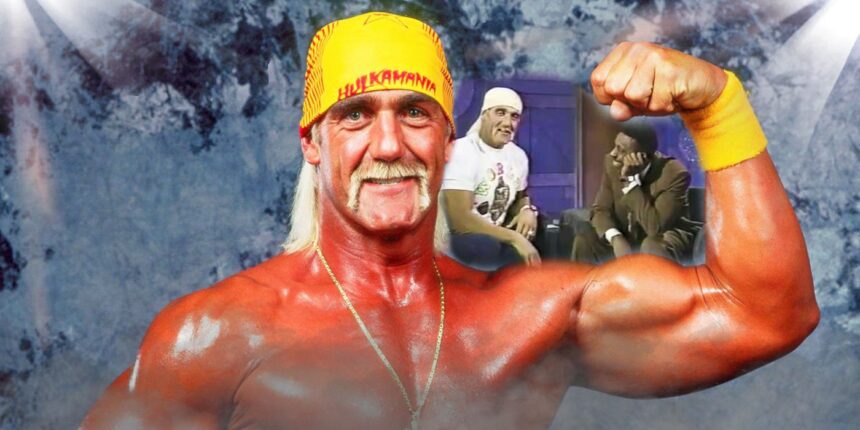Hulk Hogan, who recently passed away, remains one of the most iconic figures in wrestling history. He skyrocketed the industry to new heights during his “Hulkamania” era in the 1980s and reinvented himself as a villainous leader of the NWO in WCW during the mid-90s. Despite his legendary status, it is essential to recognize the flawed man behind the persona, Terry Bollea. His reputation suffered heavily after a racism scandal, and he frequently exaggerated stories about his career. Most notably, Hogan lied during a 1991 interview on “The Arsenio Hall Show,” claiming he never abused steroids. This falsehood severely damaged both his legacy and WWE’s image.
During the 1980s, Hogan was a pop culture sensation, appearing on talk shows, hosting SNL, and even starring in his own comic series. However, the steroid controversy began to surface in the early 1990s, especially with WWE doctor George Zahorian’s investigation for distributing steroids to wrestlers. While other stars admitted steroid use, Hogan denied it outright on national television. Years later, Vince McMahon revealed in a Netflix documentary that he advised Hogan to be honest and clean, emphasizing the importance of truthfulness to avoid damaging repercussions.
In 1994, Hogan finally confessed to long-term steroid use in court but defended McMahon, insisting Vince never directly provided him with drugs. By that time, however, the damage was irreversible; millions of young fans who idolized Hogan were disillusioned by the steroid scandal, which tarnished his legacy and negatively impacted WWE.
Following Hogan’s decline, WWE entered a period of transition in the mid-90s. The era of the massive, muscular superstar faded as steroid use became illegal. Smaller wrestlers like Shawn Michaels and Bret Hart rose to prominence, delivering excellent technical performances that elevated the sport. Yet, WWE struggled to maintain mainstream popularity without larger-than-life stars. It wasn’t until the Attitude Era, marked by a return to more intense and dramatic storytelling, that WWE regained its footing. Ironically, Hogan himself contributed to WCW’s success during this time by leading the NWO faction.
Fan Take: Hogan’s steroid scandal profoundly shook WWE’s credibility, signaling the end of an era dominated by larger-than-life muscle-bound stars. For fans, it highlights the complex legacy of their heroes and underscores the importance of honesty in preserving the sport’s integrity and future.













